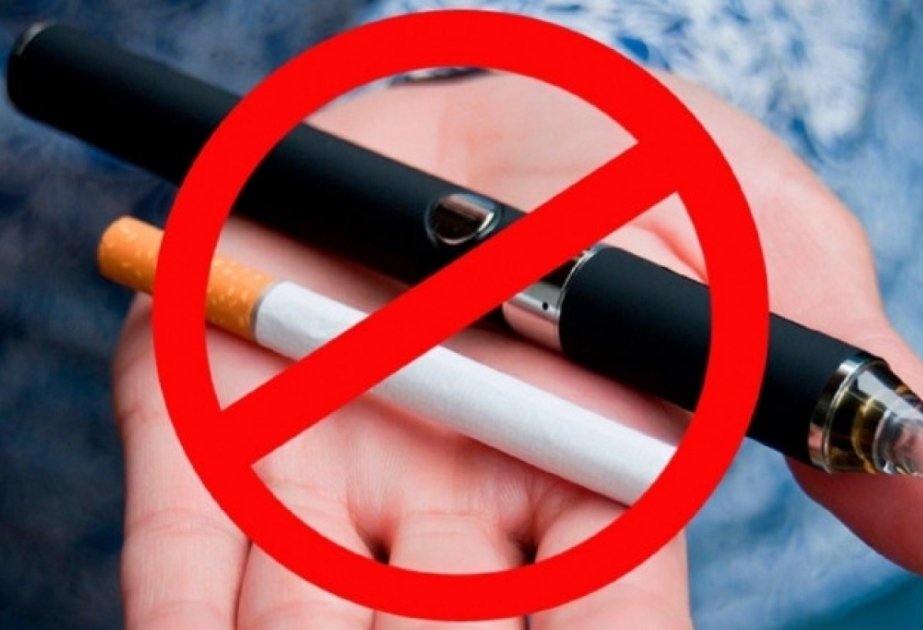Urgent action is needed to control e-cigarettes to protect children, as well as non-smokers and minimize health harms to the population, according to WHO official website.
E-cigarettes as consumer products are not shown to be effective for quitting tobacco use at the population level. Instead, alarming evidence has emerged on adverse population health effects.
E-cigarettes have been allowed on the open market and aggressively marketed to young people. Thirty-four countries ban the sale of e-cigarettes, 88 countries have no minimum age at which e-cigarettes can be bought and 74 countries have no regulations in place for these harmful products.
“Kids are being recruited and trapped at an early age to use e-cigarettes and may get hooked to nicotine," said Dr Tedros Adhanom Ghebreyesus, WHO Director-General. "I urge countries to implement strict measures to prevent uptake to protect their citizens, especially their children and young people.”
E-cigarettes with nicotine are highly addictive and are harmful to health. Whilst long-term health effects are not fully understood, it has been established that they generate toxic substances, some of which are known to cause cancer and some that increase the risk of heart and lung disorders. Use of e-cigarettes can also affect brain development and lead to learning disorders for young people. Fetal exposure to e-cigarettes can adversely affect the development of the fetus in pregnant women. Exposure to emissions from e-cigarettes also poses risks to bystanders.














